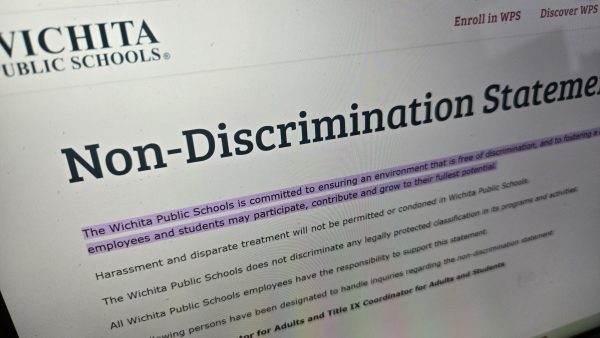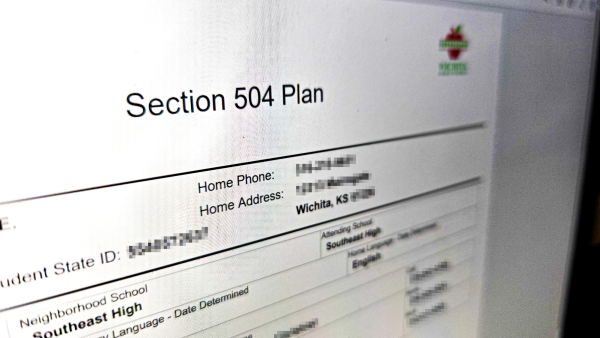Deadlier Winter
Winter is always a tough time for people because of the flu season, but COVID-19 is making the winter time even more dangerous.
As the weather starts to get colder, the United States has surpassed more than 4 million COVID-19 cases, but according to local healthcare workers, this flu season has not been as severe/extreme as past flu seasons. Although people are getting sick, some people are not able to differentiate their symptoms between coronavirus and the flu. They both have many similar symptoms such as: fever, cough, shortness of breath, fatigue, sore throat, runny and/or stuffy nose, muscle ache or body pain, headache and possibly even vomiting or diarrhea. Even though flu cases are not as severe/extreme, are people still getting flu shots this year and does COVID-19 make them more likely to get one?
“I’ve gotten my flu shot every year for the past 24 years, including this year,” physician assistant Danielle Kelly said.
“I have not, but yeah my mom wants me to get one. She’s more serious about it,” Talia Wright (Sr) said.
“Yes, I have. It helps producing antibodies which help protect me from the virus,” Dat Nguyen (Sr.) said.
With the holidays coming up, family gatherings are common for celebrations towards the end up the year. However, large gatherings obviously pose a risk of transmitting
the coronavirus, something people need to take into consideration. Are people aware of the risks? And do they think that the virus will impact their plans?
“My sister’s come over with their kids every year, but we’re around my sisters a lot. It probably doesn’t affect anything,” Wright said.
“I usually celebrate on Christmas Eve with my extended family. Christmas morning with my immediate family…I hope the virus won’t disrupt Christmas as much as it is Thanksgiving, but I expect it will,” Kelly, the physician assistant, said.
For those willing to risk large family gatherings, there are many steps you can and should take to protect yourself and your family.
“What people can do to stay safe is wear a mask!” Kelly said. “Practice social distancing. Do not host or attend large gatherings. Get your flu shot. Wash your hands. Also, this has been a very dangerous time for isolation, loneliness, depression and suicide. Things you can do to keep yourself safe from these dangers while following the physical health safety
recommendations include: getting enough rest, getting sunshine daily, taking a walk or engaging in other exercises, talking to friends on the phone or video call (this is really different than only texting or emailing), eating well, meditation and being kind to yourself. Reach out if you need help or reach out to offer help. People need people. Be creative . Stay safe and stay connected to your support system, for your sake and theirs.”





